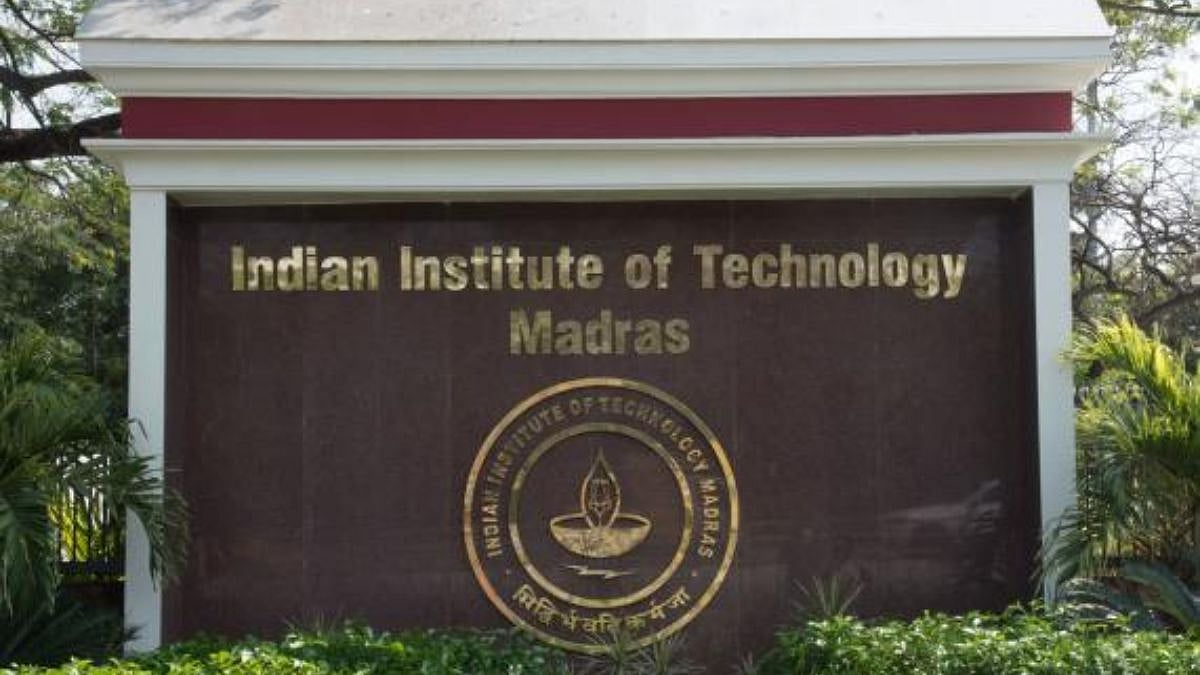
Abhyspeeth Education Desk
New Delhi : India’s presence in global higher education has witnessed a remarkable leap as the QS World University Rankings 2026 unveiled its latest list, featuring 54 Indian universities the highest ever for the country. This year, three premier Indian institutions have entered the top 200, underscoring the nation’s growing influence in the global academic landscape.
Leading the charge is the Indian Institute of Technology (IIT) Delhi, which has secured the 123rd position globally, earning it the title of India’s top-ranked institution in the QS list. Close behind are IIT Bombay at 129th and IIT Madras at 180th, both continuing their consistent performance on the world stage.
The rankings reflect a sharp rise in India’s representation over the past decade. In 2014, only 11 Indian universities found a place in the QS rankings. Fast forward to 2026, and the number has jumped nearly fivefold — a clear sign of India’s expanding academic recognition worldwide. With 54 institutions now featured, India has emerged as the fourth most represented country in the QS rankings, after the United States, the United Kingdom, and China.
This year also marks a historic milestone for India, with eight universities making their debut appearance in the QS list — the highest number of new entries from any single country. These new entrants, ranging from state-level to emerging private universities, highlight the growing global competitiveness and academic quality of India’s diverse higher education sector.
While India celebrates its achievements, the global leaderboard continues to be dominated by traditional giants. Massachusetts Institute of Technology (MIT) has retained the top position for the 13th consecutive year, followed by Cambridge, Oxford, and Harvard. Yet, India’s growing presence in the rankings offers fresh optimism for students, educators, and policymakers.
The QS rankings are based on a range of indicators including academic reputation, employer perception, faculty-student ratio, research citations, and the internationalization of campuses. Improvements across these metrics — particularly in research impact and employer reputation — have propelled many Indian institutions upward.
Here are the top 10 Indian institutions in the QS World University Rankings 2026:
India Rank Global Rank Institution Location
1 123 IIT Delhi Delhi
2 129 IIT Bombay Maharashtra
3 180 IIT Madras Tamil Nadu
4 215 IIT Kharagpur West Bengal
5 219 IISc Bangalore Karnataka
6 222 IIT Kanpur Uttar Pradesh
7 328 University of Delhi Delhi
8 334 IIT Guwahati Assam
9 339 IIT Roorkee Uttarakhand
10 465 Anna University Tamil Nadu
The steady rise of Indian universities in the global rankings is more than just symbolic. It reflects a deeper transformation — a shift towards global competitiveness, research-oriented curricula, and international collaborations. For Indian students, this opens up new opportunities for world-class education at home, while also attracting global scholars and investments into the country’s academic ecosystem.
As India aims to become a global knowledge hub, such achievements not only validate ongoing reforms but also set the stage for even greater milestones in the coming years.






